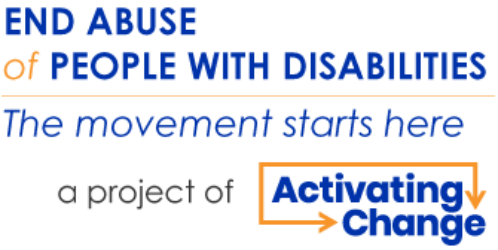Serving Survivors with Mental Health Disabilities
|
Each May, we observe Mental Health Awareness Month. It is a time to celebrate the resilience of people with mental health disabilities and honor their voices as they work to end stigma and increase access. This month also provides us with an opportunity to reflect on where we can improve our services to better serve them. Survivors of domestic and sexual violence with mental health disabilities still face significant barriers in seeking and receiving healing services, including more significant or unfamiliar responses to trauma and lingering stigma around their disabilities. Service providers must continue the work in ensuring survivors’ services are safe, welcoming, and accessible and that their experiences are centered. Join Olga Trujillo as they explore the needs of survivors with mental health disabilities and potential solutions for overcoming barriers to services that providers can implement to be more responsive to their needs.
|
